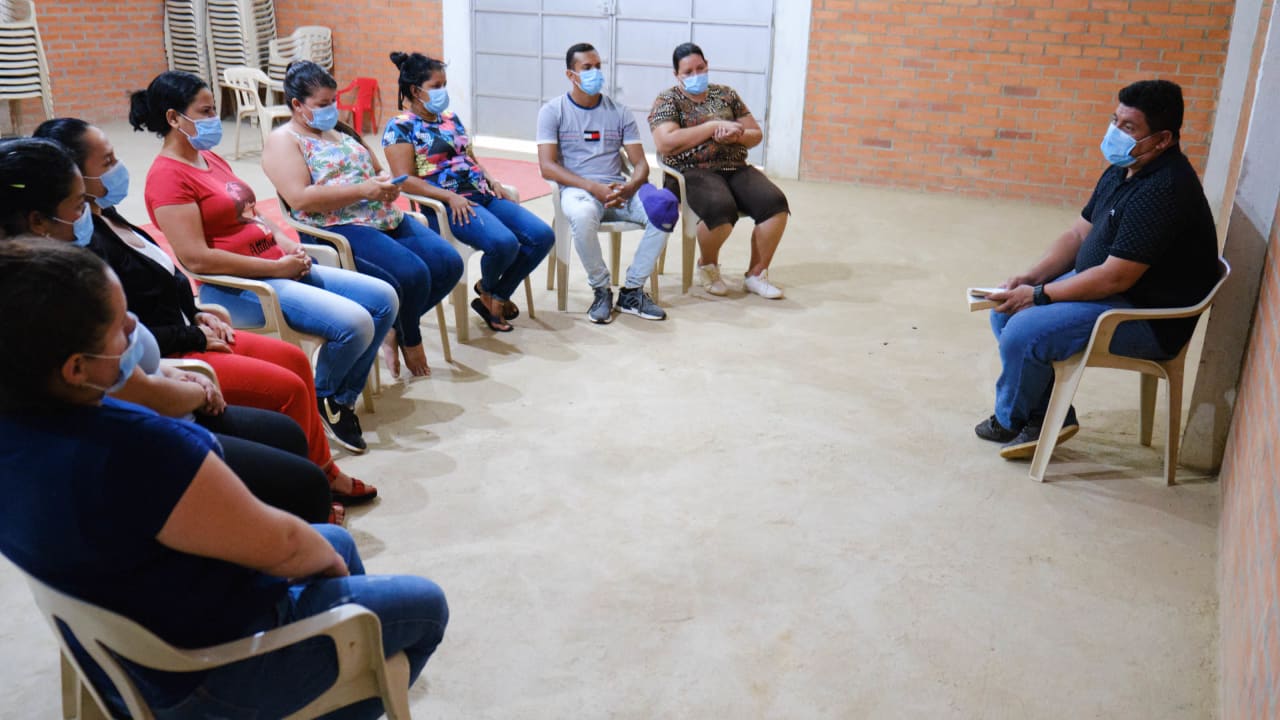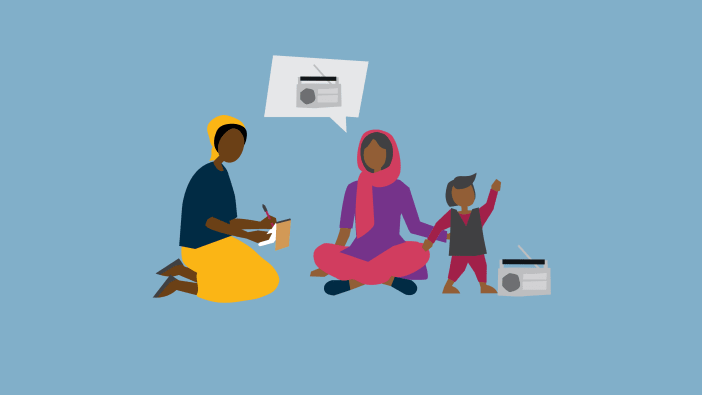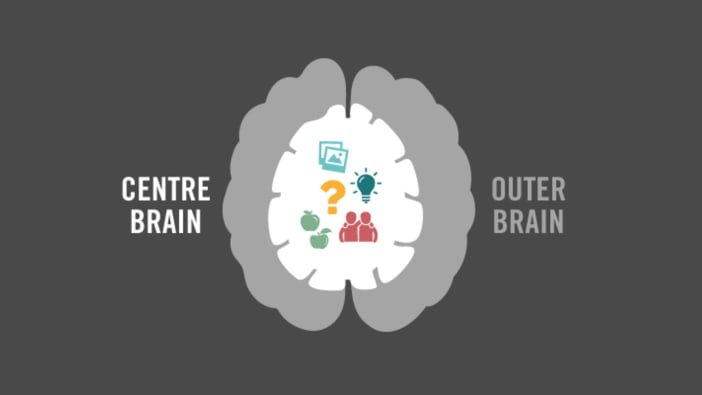Have you ever been hurt by the words of a friend or colleague? How did it make you feel? How did it change your relationship with that person?
It is probable that each of us has been wounded by the words of others. As a result, barriers can be raised between people and communication can become less effective.
Read Ephesians 4:20-32
When we try to look through a dirty glass window, we often just see the dirt and not the view. When people are angry or unhappy, they often communicate these emotions through their words.
- In what ways do your actions and your words, positive and negative, affect those with whom you live and work?
- Talk with a friend about how to be an encouragement to others.
- Consider how you can use words in a more careful way.
Some people say that using our ears is even more important than using our mouths!
Proverbs 18:13 says, ‘The one who gives an answer before he listens – that is his folly and his shame.’
Listening is important. Many disagreements and a lot of pain could be avoided if people cared enough about one another to choose to listen attentively. Listening is an intentional act. We need to decide to listen to somebody. It doesn’t usually just happen by accident. When we fail to listen, we communicate that we do not care about the thoughts or ideas of the other person.
In the same way that we train to become good at sport, we need to practise good communication in order to have positive and effective relationships. It is a life-long challenge. We need to monitor our own progress and ask for help from others who will be honest in their responses. We also need to learn how to listen to God.
The author, Catherine Young, works with SIL International in Asia as a multilingual education consultant. Email: [email protected]









